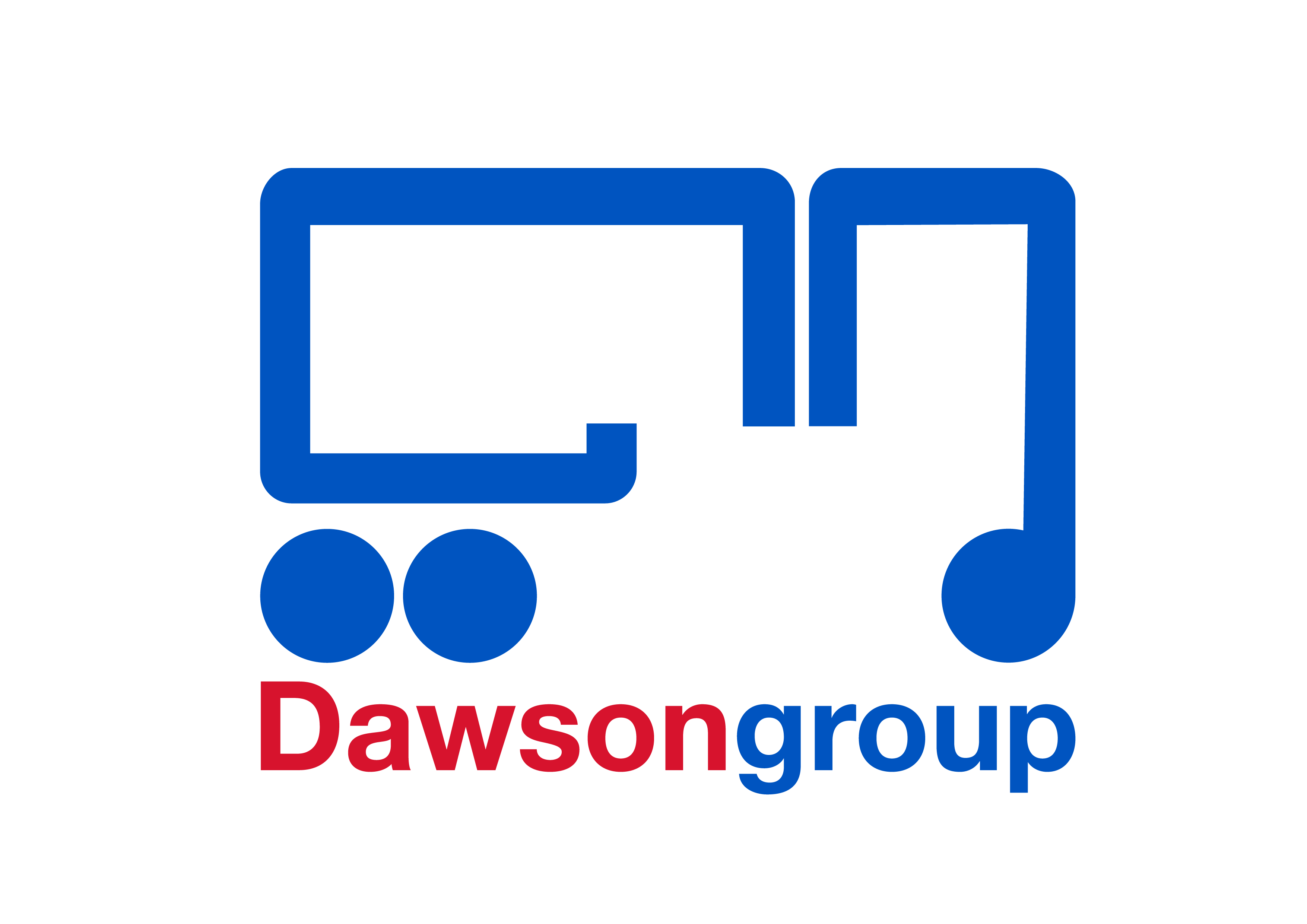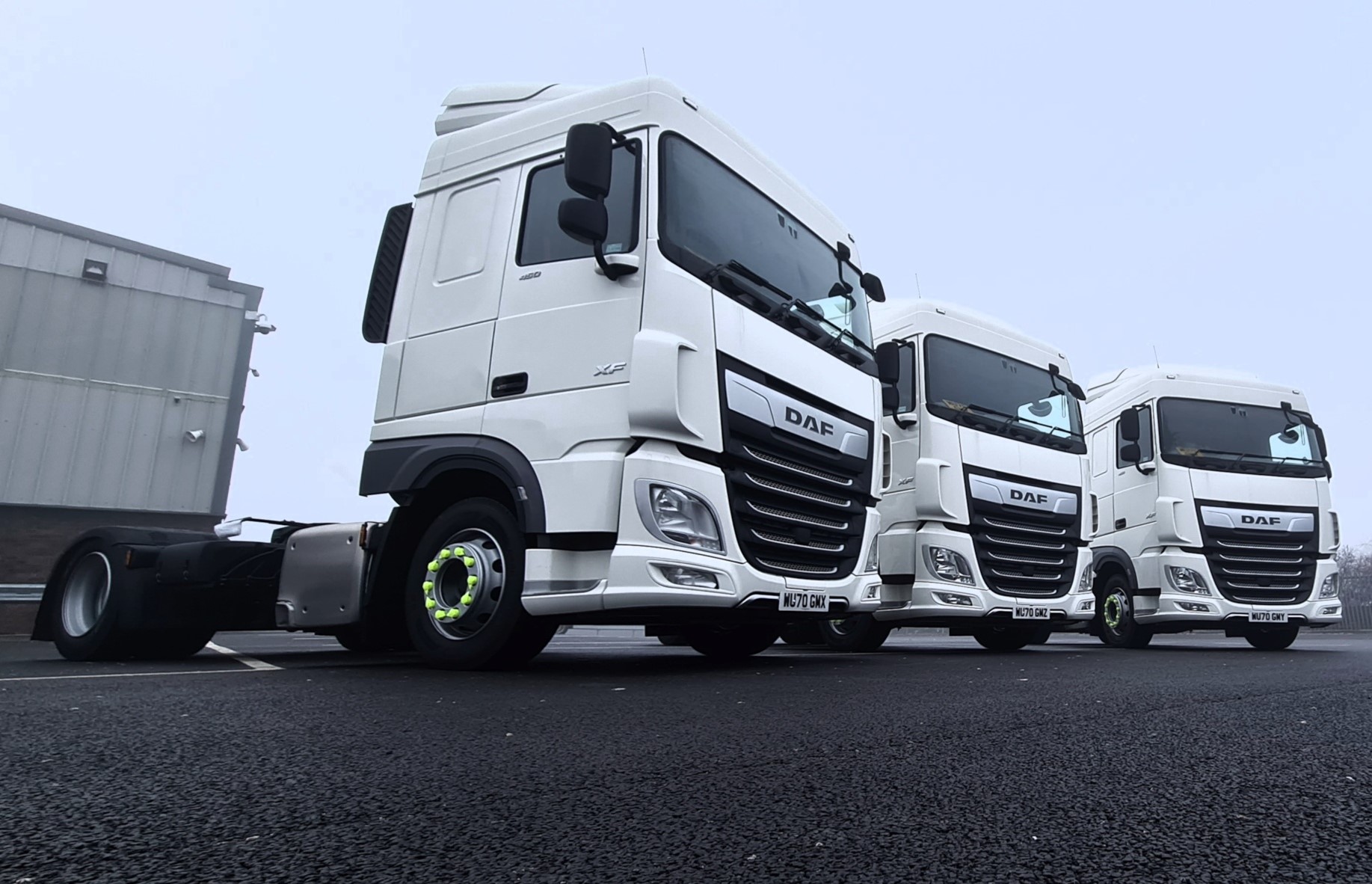Operators Need to Brace Themselves for the True Cost of the Supply Chain
Operators need to brace themselves for the true extent of inflationary pressures in the supply chain, and accept that suppliers can’t absorb the ongoing hikes in costs forever. Some of the increases will have to be passed down the line – soon.
The commercial vehicle supply chain continues to experience unprecedented disruption from the lack of components, dramatic rises in steel prices, labour shortages, hikes in energy costs and changing legislation.
Equally, additional costs have come as a result of COVID-19 – supply chain bottlenecks, line stoppages, supplementary cleaning and the provision of PPE, for example.
When applied to our industry, though, the ‘real’ number will be well north of 4.2%, fuelled by significant demand and corresponding increases in the global commodity pricing of steel, rubber, timber, resin, etc. As these increases are applied across our sector, we’re likely to see the cost of vehicles, bodywork and ancillaries escalating by as much 10% and maybe 15% in the short to mid-term.
Currently, transport is the biggest contributor to inflation. Operators know only too well that fuel and driver costs have shot up; they see the impact they have on their businesses every day. The cost of fuel in September was at a record high, the highest it’s been since 2013.
However, whilst operators are busy passing on their visible increased costs of, say 10%, anyone who hasn’t bought a new truck or had a major service for a while, will soon discover there are deeper, hidden cost increases. These will manifest themselves when they come to either replacing a fleet or keeping an existing fleet on the road.
Read more here about the impact on the supply chain for vehicle suppliers, workshops, truck manufacturers and operators, and find out what Dawsongroup | truck and trailer can do for you.
UK Head office
Delaware Drive
Tongwell
Milton Keynes
MK15 8JH

Dawsongroup Limited | Company reg. no. 01902154 (registered in England and Wales)

